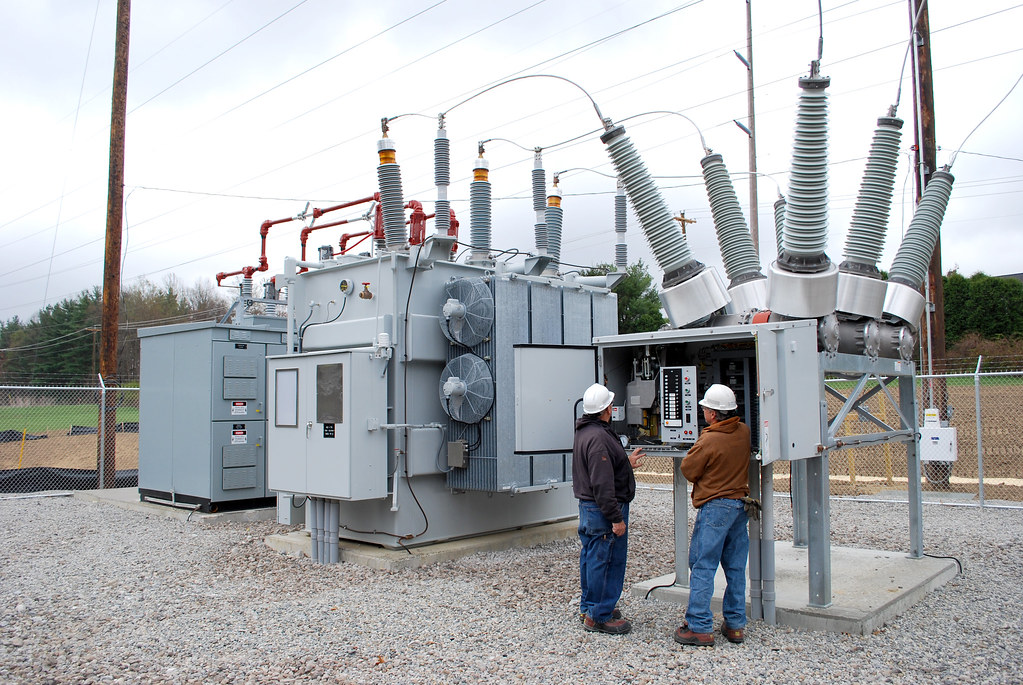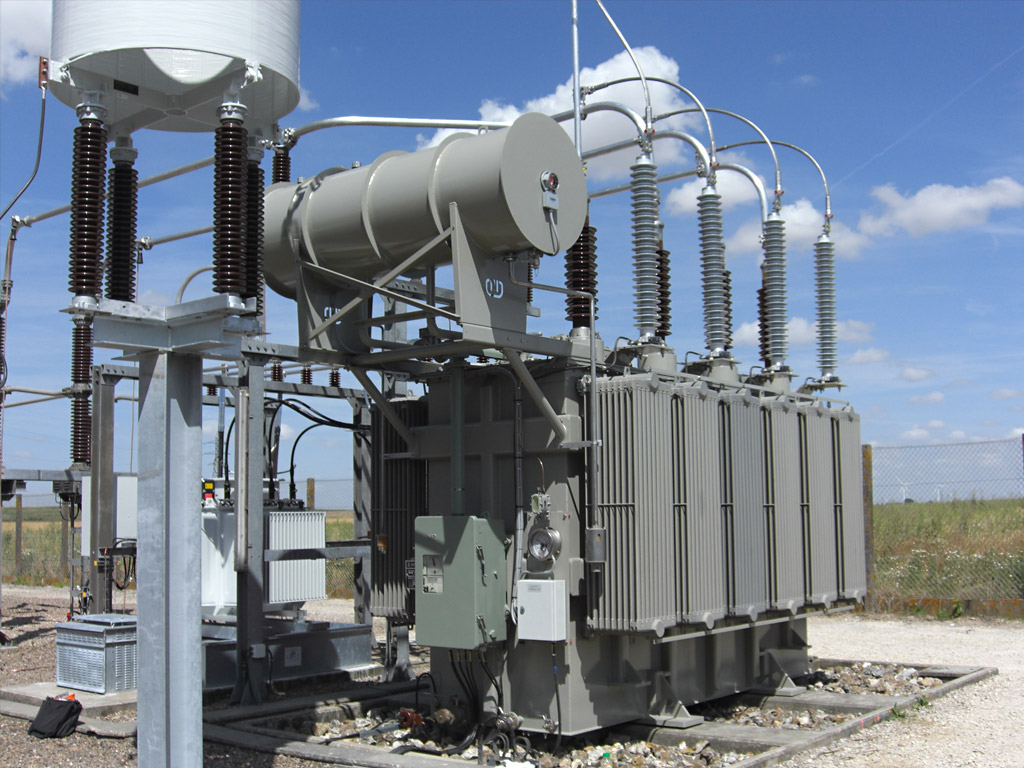Electrical Practices
PIP Electrical Practices offers 125+ industry-leading data sheets, guidelines, and specifications that ensure electrical system reliability, safety, and efficiency. Featured areas include power distribution equipment and systems design inside an industrial complex.
PIP Electrical Practices serve the needs of electrical engineers in Oil & Gas, Chemical Refining and Petrochemicals, and Engineering Procurement and Contracts, among others
Areas include Equipment Purchase and Design Specifications, Electrical System Test Practices and Field Testing and Maintenance Practices spanning the following disciplines: Auxiliary Power, Bus Ducts, Cathodic Protection, Grounding Systems, Hazardous Areas, Heat Tracing, Lighting and Receptacles, Motors and Motor Control, Packaged Systems, Power Factors, Switchgears, Transformers, and Wires and Cables.
Why PIP Electrical Practices?
Electrical equipment and technology change on a three-year cycle, requiring electrical engineers to consistently update their relevant knowledge and compliance. Electrical infrastructure demands and new power generation sources have only added to these challenges.
The PIP Electrical Function Team is at the forefront of developing practices that support these industry changes by:
- Creating and maintaining industry-leading practices that ensure the reliability, safety, and efficiency of electrical systems.
- Striving to innovate solutions tailored to the unique needs of PIP members while adhering to industry standards and regulations.
- Focusing on optimizing cost-effective design and performance, mitigating risks, and enhancing operational resilience across various sectors and environments.

Examples of PIP Electrical Practices
Equipment Specifications: Clear instructions, definitions, and quality assurance essential for accurate communication and successful project execution.
Test Practices: Vital for electrical system safety, efficiency, compliance, and operation.
- Maintenance Practices: Promoting safety, minimizing downtime, optimizing performance, extending equipment lifespan, and enhancing energy efficiency.

SIL-Rated Electrical Equipment Standards
PIP Process Safety, Process Control, and Electrical Function Teams have worked together to create practices for addressing the needs of SIL-rated electrical equipment. Although there is no NEMA-based SIL-rated electrical equipment like there is in the IEC world, more clients are requesting these ratings on projects involving electrical equipment.
